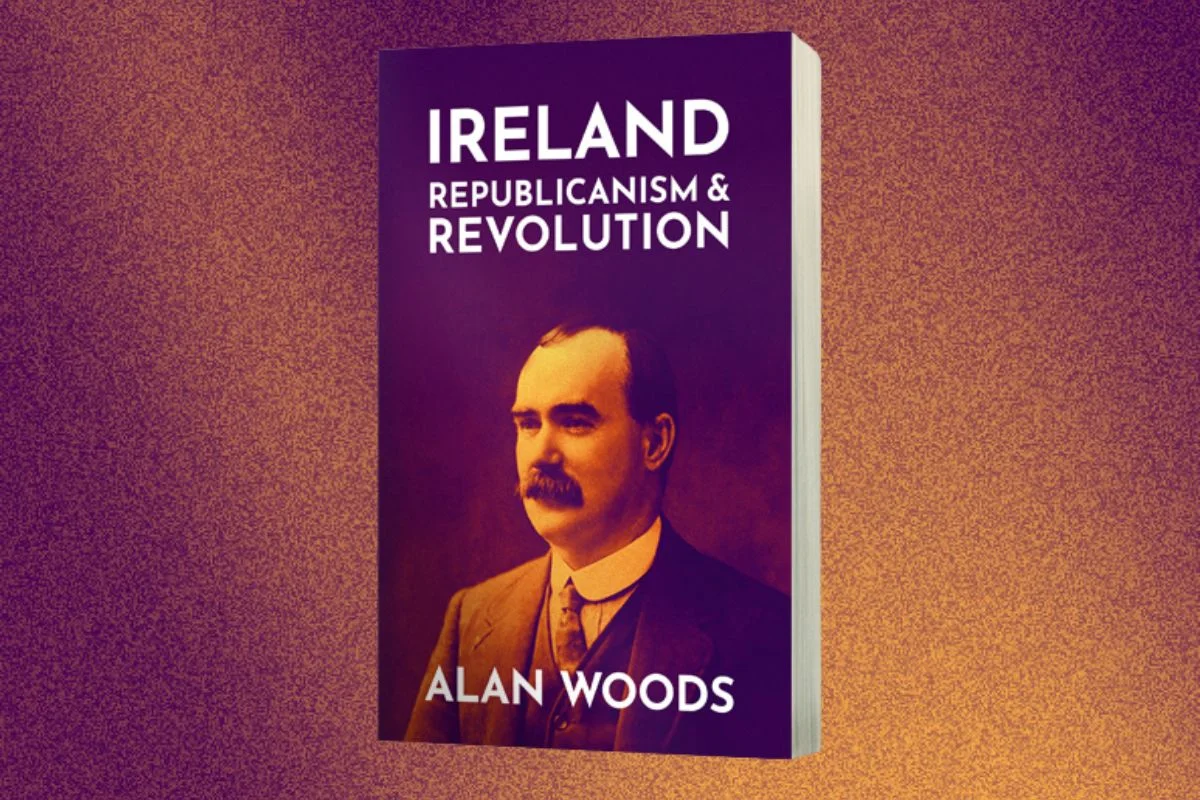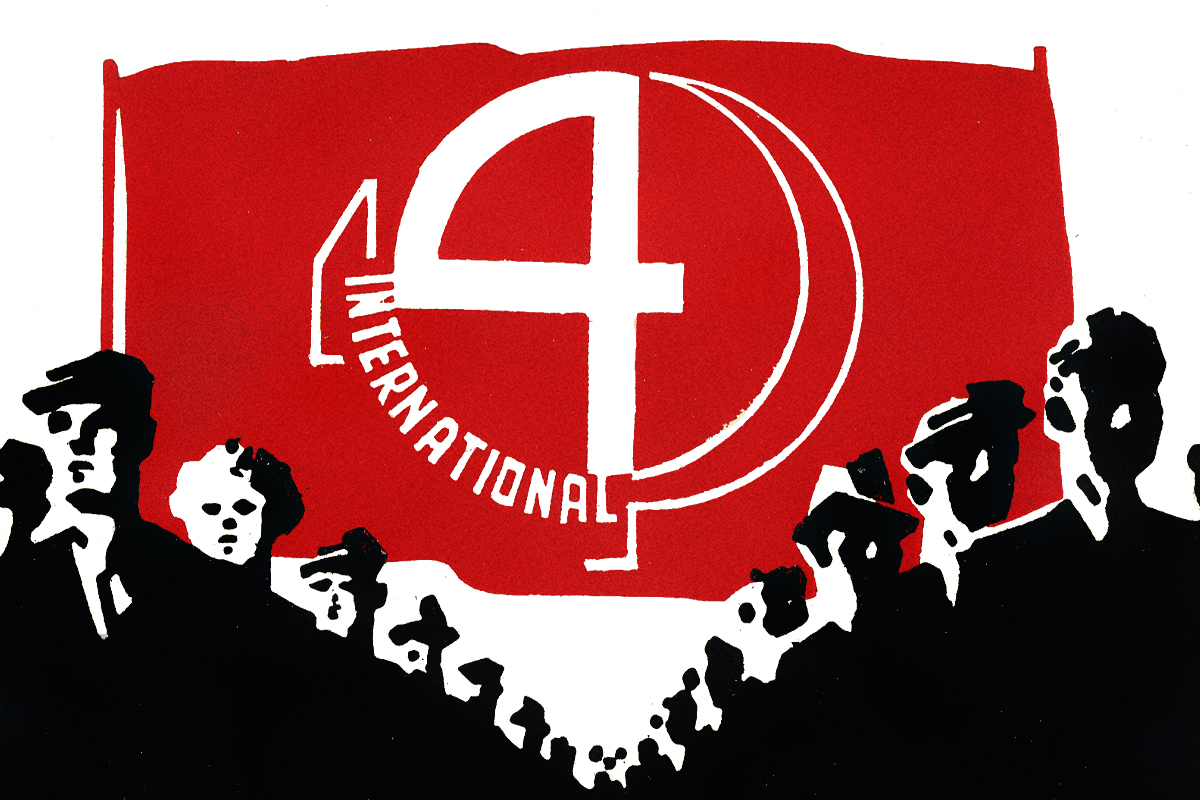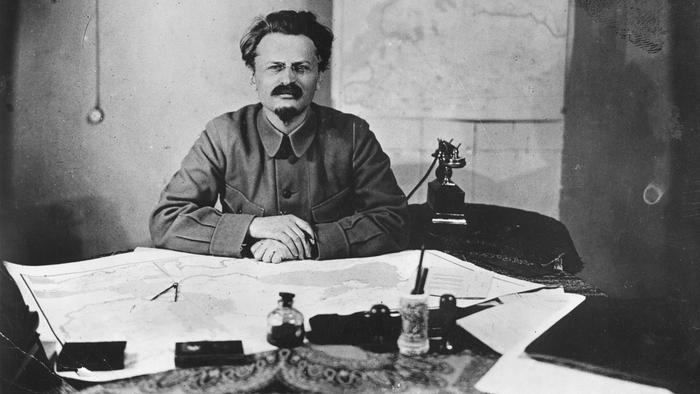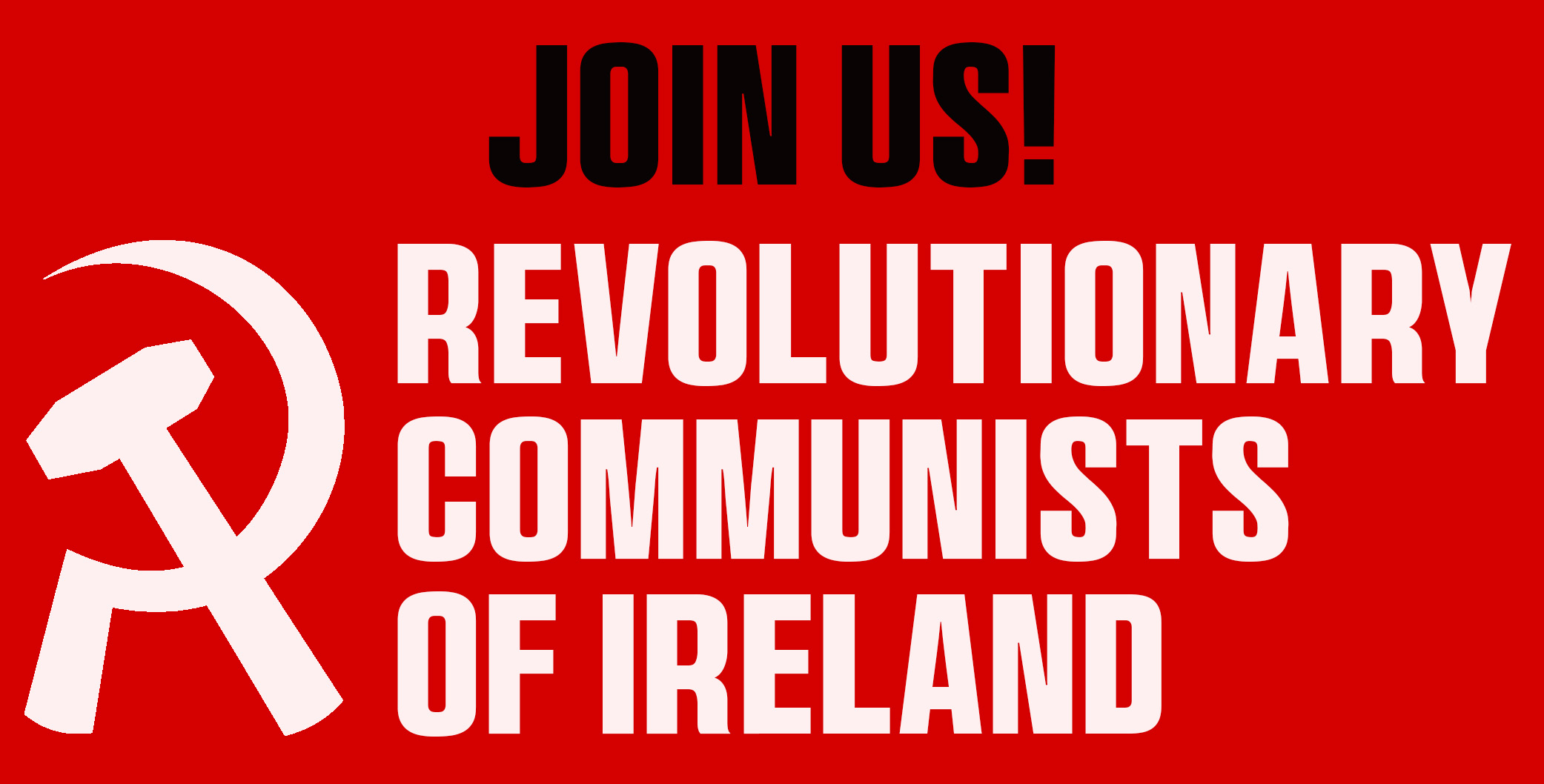In 1798, the first uprising took place against British rule in favour of a Republic in Ireland, inspired by the democratic ideals of the French and American revolutions.
Members of the underground Society of United Irishmen had been preparing the Rising for months. Pikes and guns had been collected. Thousands of men – Catholics and Protestants – had been organised and drilled.
But once the call to arms arrived from Dublin, the Rising’s nominated commanders in Belfast first hesitated then abandoned their positions altogether. In their absence, one brave man stepped forward to give a lead: Henry Joy McCracken.
It was too late however. While the poor farmers and labourers composing the rank-and-file of the United Irishmen came out to a man, the fate of the Rising had been sealed by the betrayal of the middle-class leaders in whom so much had been entrusted.
Whilst on the run, sleeping under an open sky, Henry Joy wrote the following words in a letter to his sister, the last before his capture and execution:
“You will no doubt hear a great number of stories respecting the situation of the country, its present unfortunate state is owing entirely to treachery, the rich always betray the poor.”
This lesson – that the rich have and always will betray the poor – runs like a thread through Alan Woods’ Ireland: Republicanism and Revolution, recently republished by Wellred Books after having been out of print for more than a decade.
By studying this rich history, Alan Woods draws us towards one inescapable conclusion: complete national liberation in Ireland can only be achieved under working-class leadership, in the struggle for a Socialist Republic.
When Henry Joy was alive, the Irish capitalists formed a weak class: a cog in the gears of British capitalism. After the defeat of 1798, they only sank into an even more deplorable state.
By the dawn of the twentieth century, facing a burgeoning working-class movement infused with a creed of socialist Republicanism, the bulk of the big capitalists in Ireland had become openly counter-revolutionary. So when in Easter 1916, amidst the carnage of the First World War, a new revolutionary Rising began, their stance was unmistakably hostile.
Like the Rising of 1798 before it, the Easter Rising too was sabotaged by the betrayals of middle-class leaders. On the Sunday the rising had been due to begin, Eoin MacNeill, the leader of the Irish Volunteers, sent a countermanding order, massively suppressing the turnout of the rebels.
Beginning 3 May 1916, in the wake of the Easter Rising’s defeat, its commanders were executed one by one by the British Army. The last of its leaders to be murdered, the great revolutionary Marxist James Connolly, was still alive when the Irish Independent, owned by William Martin Murphy – a wealthy capitalist and former nationalist MP – published the following cry for blood:
“Weakness to such men at this stage may be fatal… Let the worst of the ringleaders be singled out and dealt with as they deserve…”
On 12 May 1916, Murphy’s wish was granted. James Connolly was strapped to a chair in the courtyard of Kilmainham Gaol and executed by firing squad. Whilst the capitalist politicians in Ireland today sing praises to the martyrs of 1916, back then they reacted in fright to the Easter Rising. They saw it as an act of class war, inspired by revolutionary socialist ideas, and they fully supported the British Army in suppressing it.
A revolution betrayed
As Alan Woods explains in his book, the fact that the leading force in the Easter Rising of 1916 was a revolutionary socialist, proletarian tendency, the Irish Citizens Army (ICA), is virtually written out of the history books. The ICA was the first Red Army in Europe, and it was inspired by the clear, revolutionary ideas of James Connolly. Connolly was a giant of the Marxist movement. He had applied his sharp mind to the study of Irish history and on the national question he arrived independently at the same position as that of Lenin.
He had polemicised against those socialists who argued that the question of national independence should be ignored and left until after the socialist revolution. Rather, he argued that the working class must take up the leading role in the struggle, which had been abdicated by the bourgeoisie, and direct it into the same stream as the socialist revolution. He understood, as Henry Joy put it, that “the rich always betray the poor”.
How, indeed, could the struggle against capitalism be separated from the struggle against British rule, when it was the latter that protected capitalist and landed interests in Ireland? Connolly therefore raised the banner of a Socialist Republic in Ireland as part of the fight for world socialist revolution.
Tragically, however, after Connolly was executed, in the absence of a Bolshevik-style vanguard party that could carry on and deepen the influence of his ideas, it was the influence of men like Arthur Griffith – arch-defender of Irish capitalist interests and founder of Sinn Féin – that dominated in the course of the War of Independence.
Griffith had, in fact, never wanted a republic. He stood for an Irish parliament under a British monarchy, and in the pre-war period he had encouraged the British to send troops against striking Irish workers. Class instinct stands far above national sentiment for these bourgeois ‘nationalists’.
With such men at the helm, the Irish Revolution of a century ago ended in betrayal: the Anglo-Irish Treaty that partitioned Ireland in two, resulting in all of the reactionary consequences that James Connolly had predicted long before his death.
Can partition be undone?
How can the crime of partition be undone? This is the question that has occupied Republicans for the past century.
Two-and-a-half decades of guerrilla struggle on the part of the Provisional IRA and other armed Republican groups failed to dislodge British imperialism by as much as an inch. Today, the national question is emerging with renewed vigour, but the whole constitutional framework to which Sinn Féin became wedded after giving up the armed struggle now lies in tatters.
Guerrilla struggle and constitutional nationalism seem as far removed from one another as chalk and cheese. But between a purely military struggle against the state by heroic volunteers; and sending clever politicians to work wholly within the state to achieve one’s ends, there is no role for the only force which is alone capable of carrying the revolutionary struggle to victory: the organised working class. The only way to undo partition is through a socialist revolution.
It might seem strange considering how things turned out, but in the post-War period, before the Troubles, British imperialism had actually been looking for a way to reunify Ireland on its own terms. It had lost any interest in directly holding the North, and it already dominated the South through economic muscle alone.
But the British ruling class found to their cost that you cannot spend centuries whipping up sectarianism and then wish for it to go away when it ceases to be convenient. Sectarianism has taken on a life of its own, like Dr. Frankenstein’s monster.
It was this sectarian hydra that drove the region towards civil war in the late 1960s and early 1970s, when the modest demands by Catholic youth for basic civil rights were confronted by sectarian gangs in the street, whipped up by the likes of Rev. Ian Paisley.
The British had been forced to intervene with troops on the ground in 1969 – not to defend Catholics as they claimed, but to prevent catastrophic consequences for their power and prestige should the region descend into an all-out civil war. They chose, instead, to pursue civil war on their own terms, brutalising the whole nationalist community for decades and plunging the region into a spiral of violence.
‘Labour must wait’
The Provisional IRA meanwhile, merely stepped into this situation, and grew automatically because of the vacuum for self-defence of working-class Catholic communities that had been created by the inaction of the Labour leaders. As they grew, they moved from a defensive to an offensive struggle to oust British imperialism.
But their purely militaristic strategy was fundamentally mistaken. They believed that a powerful imperialist army could be defeated by armed struggle alone. It could not.
Furthermore, one million Protestants in the North could never be militarily forced into a United Ireland against their will. Only a socialist programme with a class appeal to Protestant workers could erode the barriers of sectarianism that British imperialism had erected.
For the Provo leadership, everything revolved around militarily unifying Ireland by physical force alone. The question of the fight for socialism, whatever your opinion on it, had to be left until after partition was undone.
It was a stageist approach that placed the national struggle first and the struggle for socialism a distant second, reflecting the origins of the Provos as a right-wing, petty bourgeois trend within Republicanism in the late 1960s and early 1970s.
It was a view inimical with that of James Connolly, who explained that “the cause of labour is the cause of Ireland, the cause of Ireland is the cause of labour. They cannot be dissevered.”
The same approach as that of the Provos was summed up by right-wing Republicans during the War of Independence of the 1920s in their mantra, “Labour must wait”: i.e. first we must settle the national struggle, then let us talk about everything else. But until then, the labour movement must obligingly step aside; and the working class must not press its demands too hard in case we alienate our uncertain allies among the middle classes.
It was a disastrous policy that cut the national movement off from a far more powerful and important ally: working-class Protestants in the North. It was a policy that sealed the fate of the Irish Revolution and made partition inevitable. It is impossible to imagine that partition can ever be undone with such a policy.
This is the principal lesson of this book – a lesson that is vital at the present turning point.
Today Sinn Féin is appealing above all to middle-class layers in the North who have been unsettled by Brexit.
Its whole programme for a United Ireland is premised on the idea of a united, capitalist Republic, within the EU; upon the ‘economic good sense’ of such a Republic, which would remain under the dominion of imperialism, only US and European imperialism instead of British.
Its method for achieving its programme is wholly constitutional, resting upon the goodwill of Westminster in granting a border poll. They will run into head-on collision with a putrid capitalist establishment in Britain, which is chock-full of opportunists who could not care less for the democratic rights of the Irish people; with the old Frankenstein’s monster of loyalist sectarianism that has more-or-less killed the Good Friday Agreement; and with a parasitic ruling class in the South that is also presiding over a crisis and has no desire to throw open for discussion the constitutional basis of its rotten state.
The warning of this book is loud and clear: the rich will always betray the poor; the struggle for national unification in Ireland is a struggle against capitalism, and it cannot be entrusted to any other class than the working class. As Alan Woods explains:
“Marx pointed out the most elementary truth: that the emancipation of the working class is the task of the working class, and only the working class. The Easter Rising was a glorious harbinger of what is still to come The job was unfinished in 1916. The task now falls upon the shoulders of the new generation of workers and youth. Armed with t.he ideas of Marxism – the ideas of Connolly – the ultimate victory is guaranteed.”




